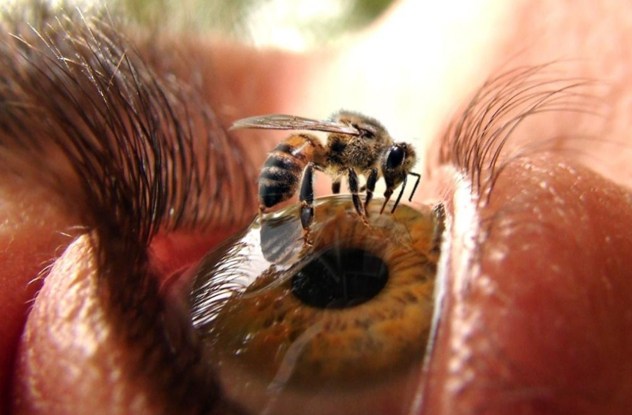8 Psychological Disorders that You Thought Nag-iinarte Lang
Oct 24, 2017 • Eldrin Veloso

Oct 24, 2017 • Eldrin Veloso
or the “di ako makadecide, bes” syndrome
Aboulomaniacs suffer from pathological indecisiveness. What to eat, what to watch, what to wear—these are the dreaded daily decision-making that render them paralyzed from choosing. It is typically associated with anxiety, stress, depression, and mental anguish, and can affect one’s social function severely. Extreme cases can lead to suicide.
Because of their indecisiveness, they go to great lengths to stay in relationships that can support them in decision-making, or make decisions for them.
This disorder is hard to diagnose and can only often be discovered when treating other related psychological disorder the person is suffering. Therapy is the best treatment, albeit only in a short-term so as to avoid dependence on the therapist.
or the “pusa ako today, bes” syndrome
Based on the mythical affliction that makes humans physically shapeshift to wolves, clinical lycanthropy is a mental disorder that involves a delusion that the affected person is transforming to an animal. The sufferer feels like an animal, and sometimes, actually behaves like one, e.g. barking, howling, crawling.
or the “feel kita, bes” syndrome
Sometimes, you might deem your friend overacting when they say, “I can literally feel your pain.” But don’t dismiss it quite yet; they might actually can. Mirror Touch Synesthesia is a condition in which individuals can feel the same sensation that another person feels. A normal person can empathize to some degree the physical feeling that they see in others; people with mirror touch synesthesia can literally feel the pain, like a slap on the cheek or a needle prick on the arm. It’s because the area of the brain that creates this empathy is hyperactive for them.
Some who have this condition actually consider this a blessing; it makes them highly considerate of others’ feelings. For instance this mirror touch synesthete neurologist believes his condition has served him well, professionally. “Even though she couldn’t speak, her body was letting me know that there was more here than just “routine” hospital-induced delirium.”
or the “manhid na ako, bes” syndrome
From an oversensitive friend, you might come across with someone who does not feel pain at all. They might be suffering from Riley-Day Syndrome. Also known as familial dysautonomia, this is a disorder of the automatic nervous system that renders the sufferer insensitive to pain, and sometimes unable to produce tears. Riley-Day Syndrome is believed to be hereditary in nature and, just like Down’s Syndrome, is caused by genetic aberration.
There is currently no cure for this disorder and death occurs in 50% of the individuals affected by this by age 30. But the survival rate and quality of life have been improving, since more studies and greater efforts towards understanding have been undertaken.
Know of others who suffer from these? Share with us your experience below!
Pages: 1 2

Input your search keywords and press Enter.
